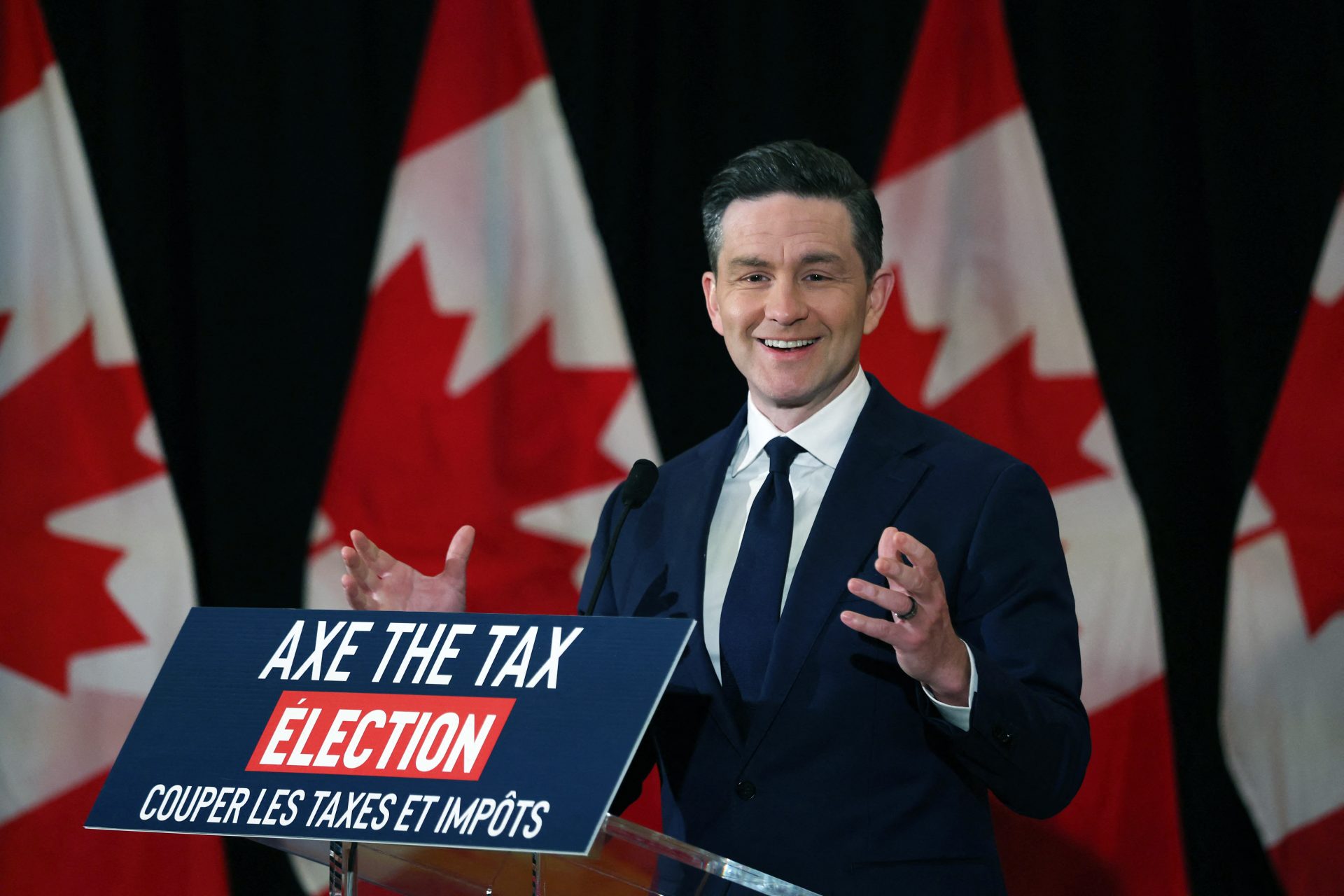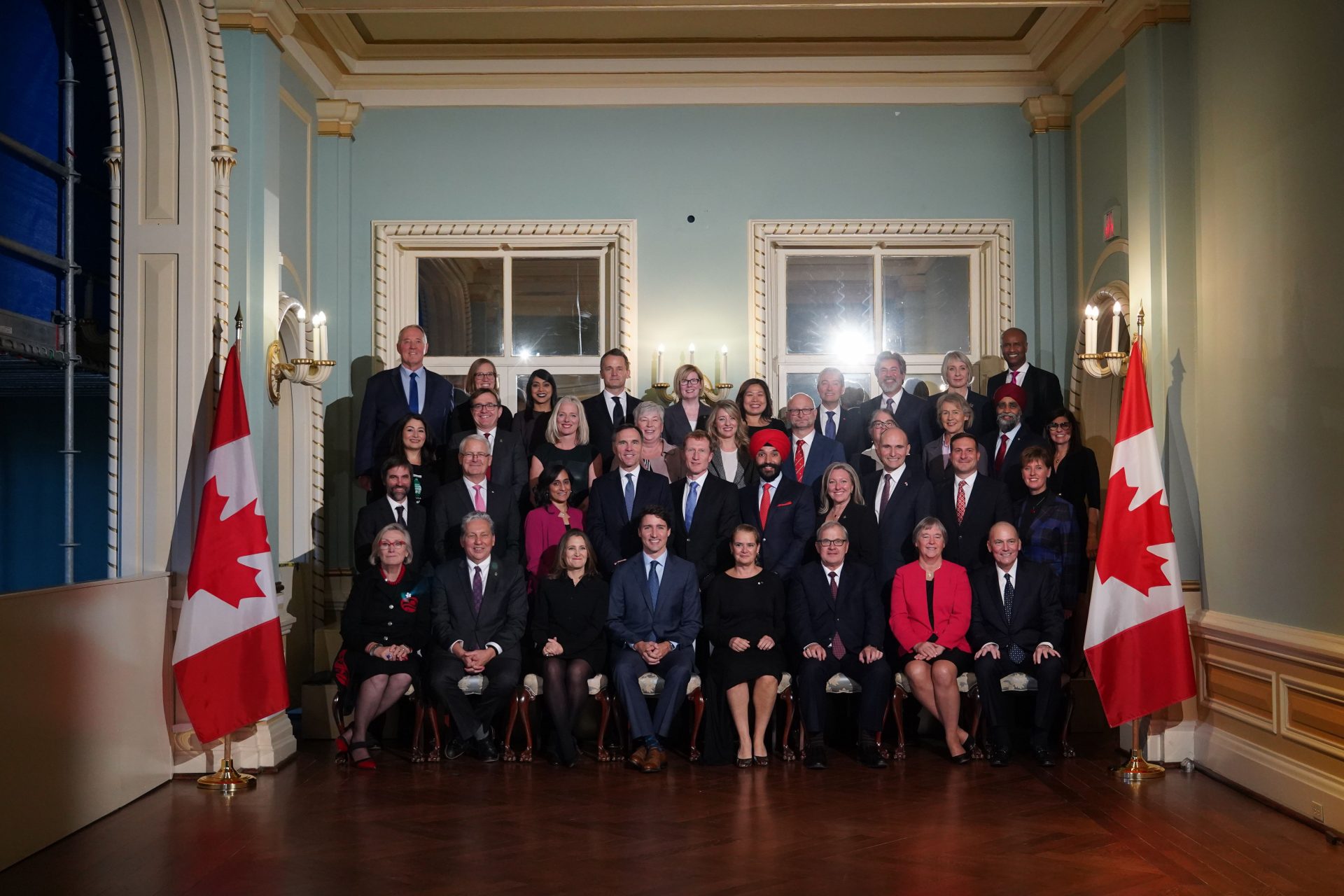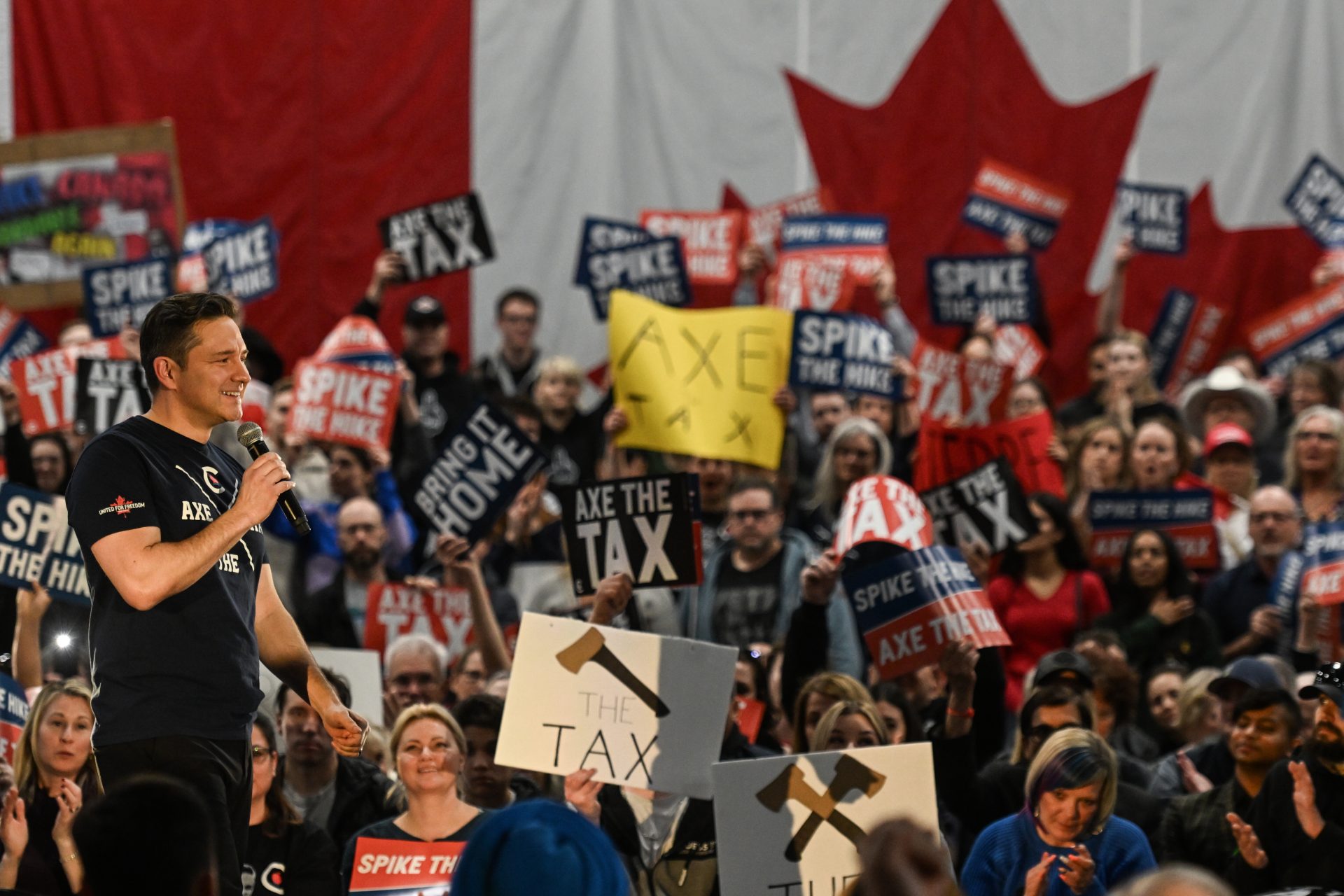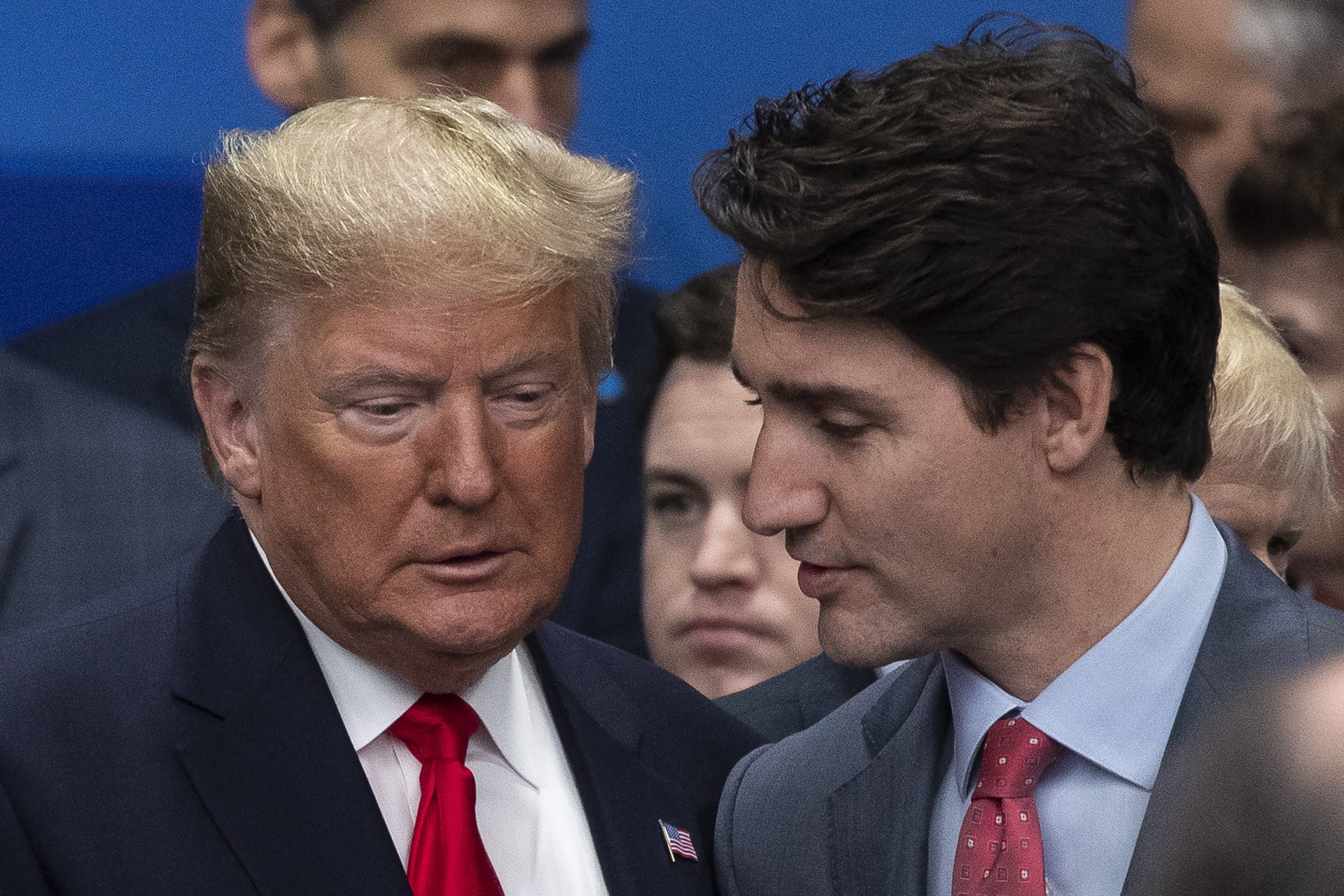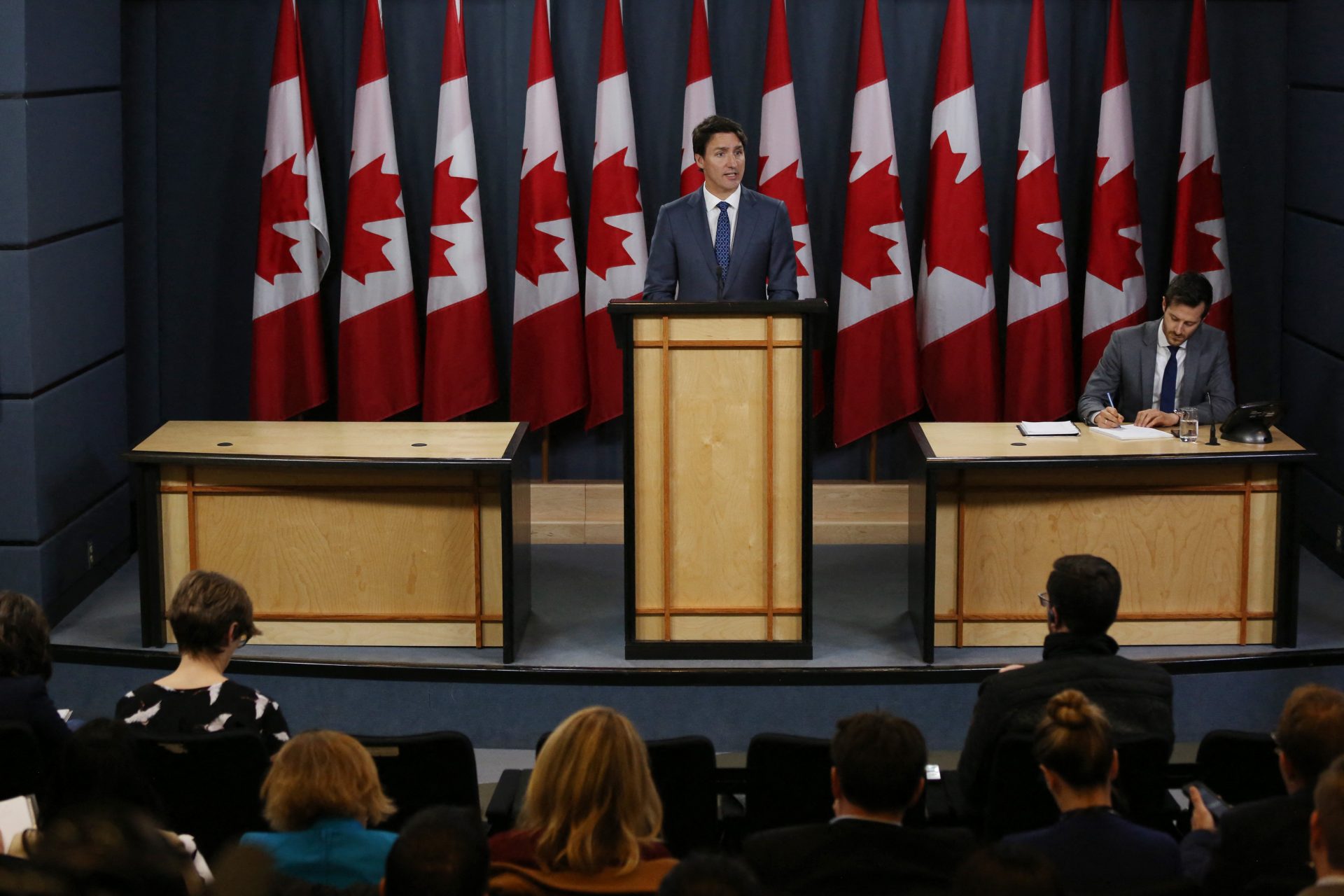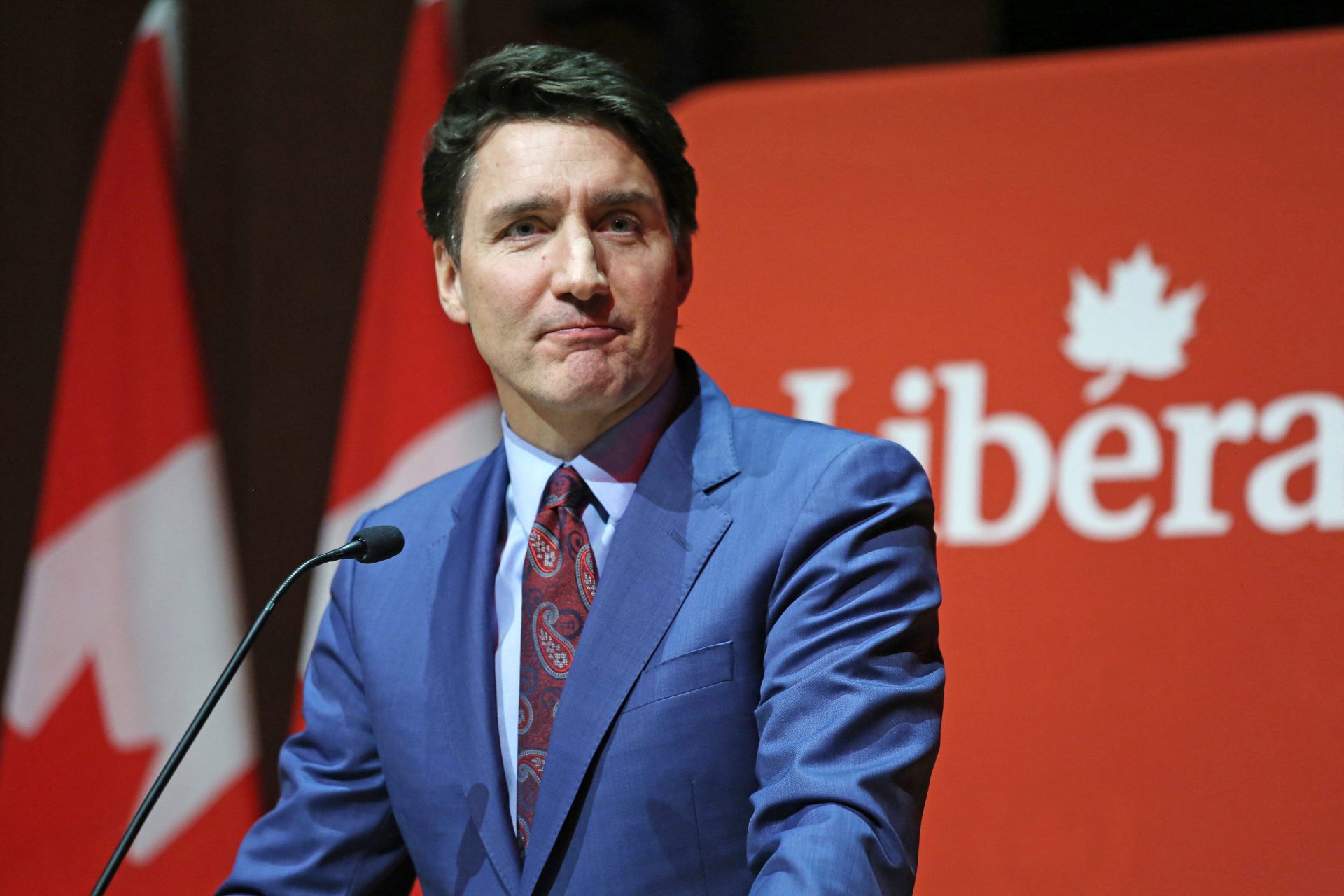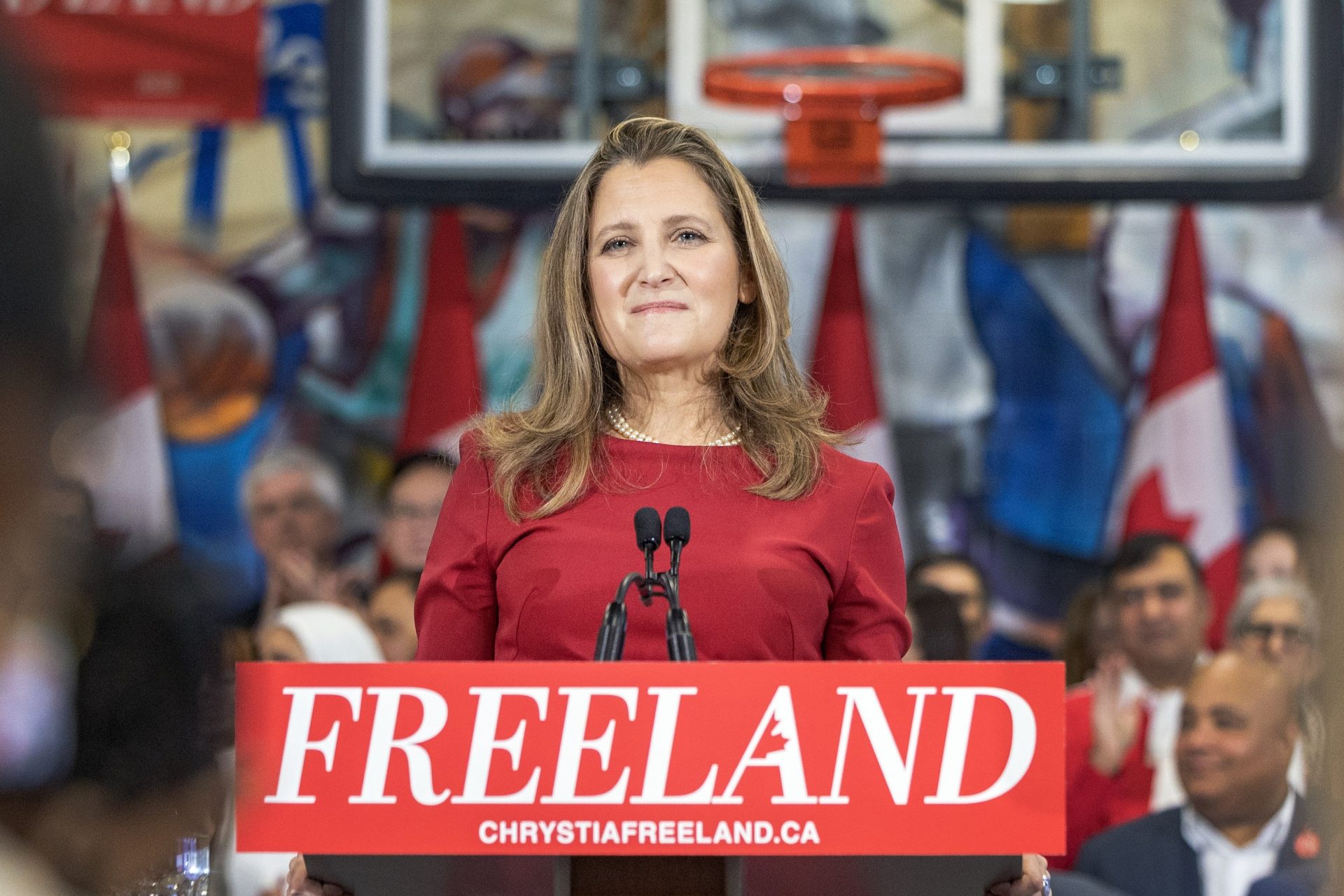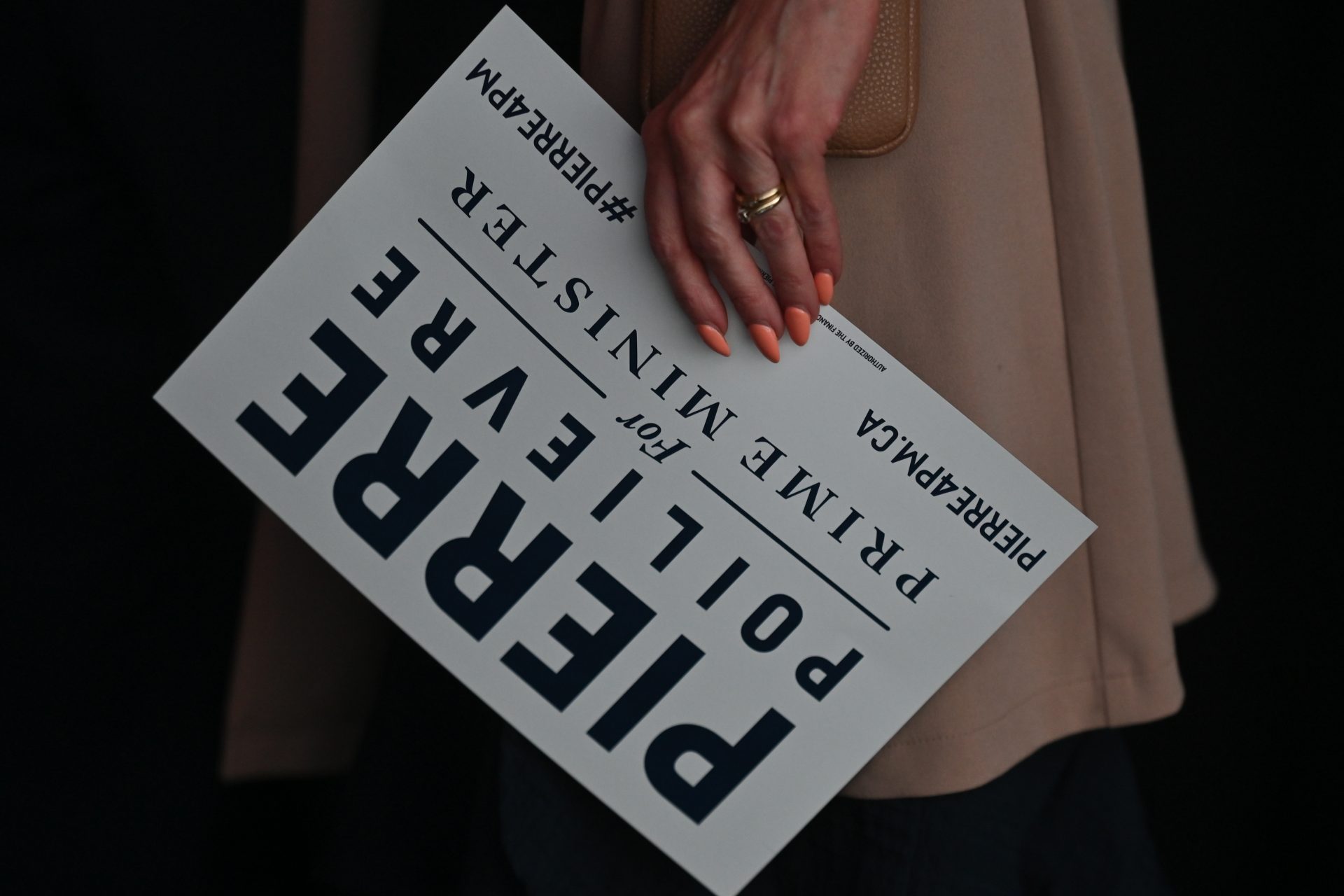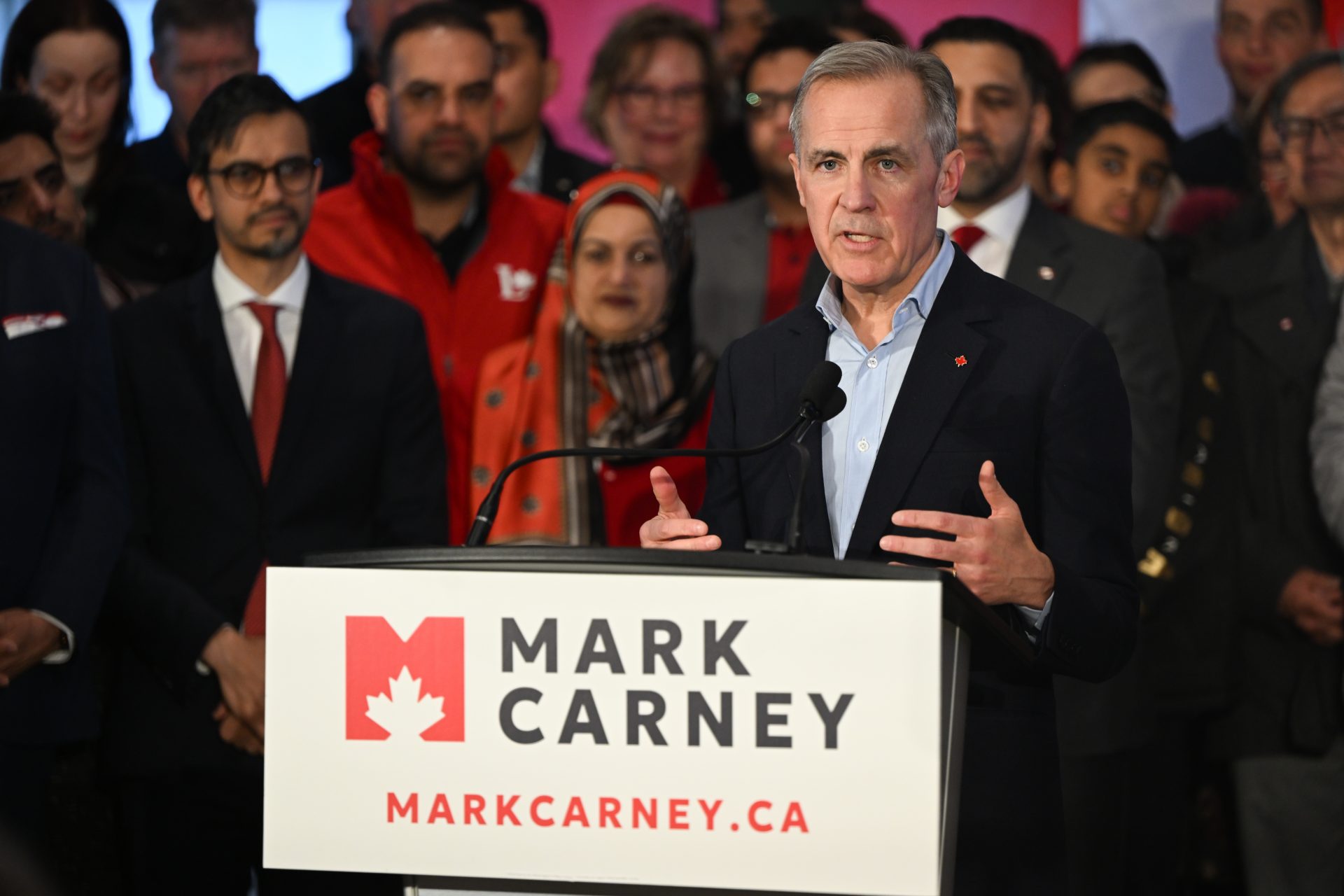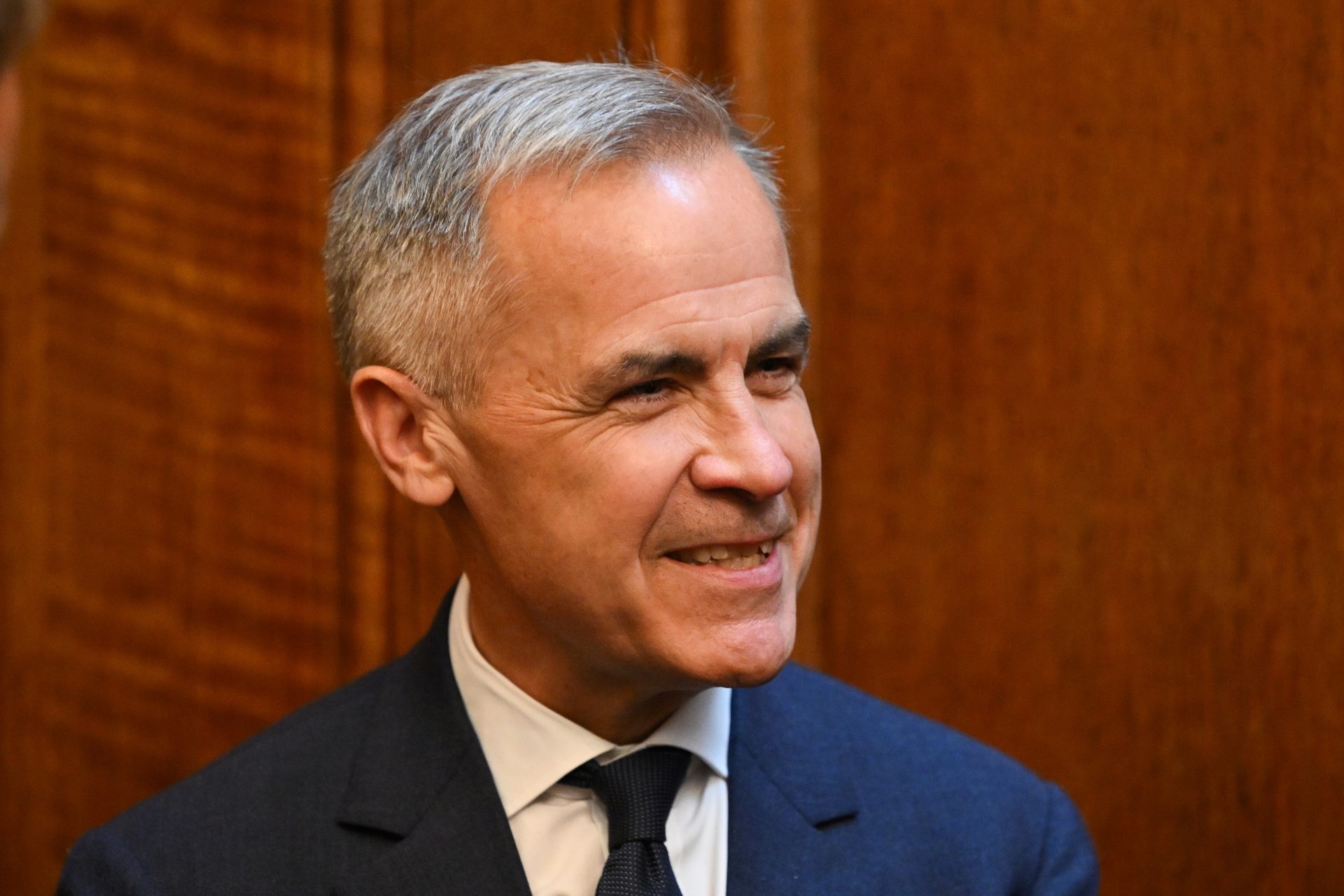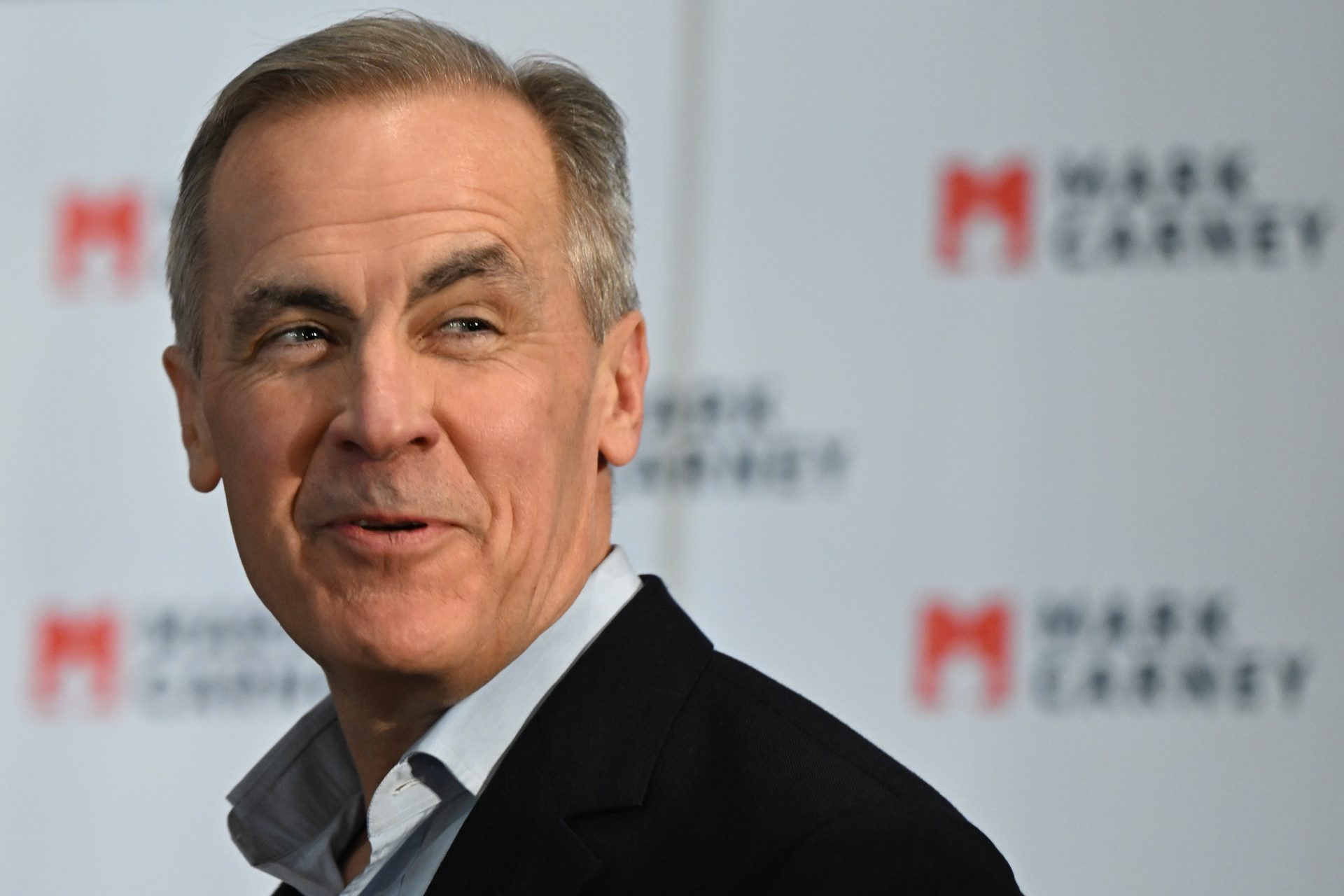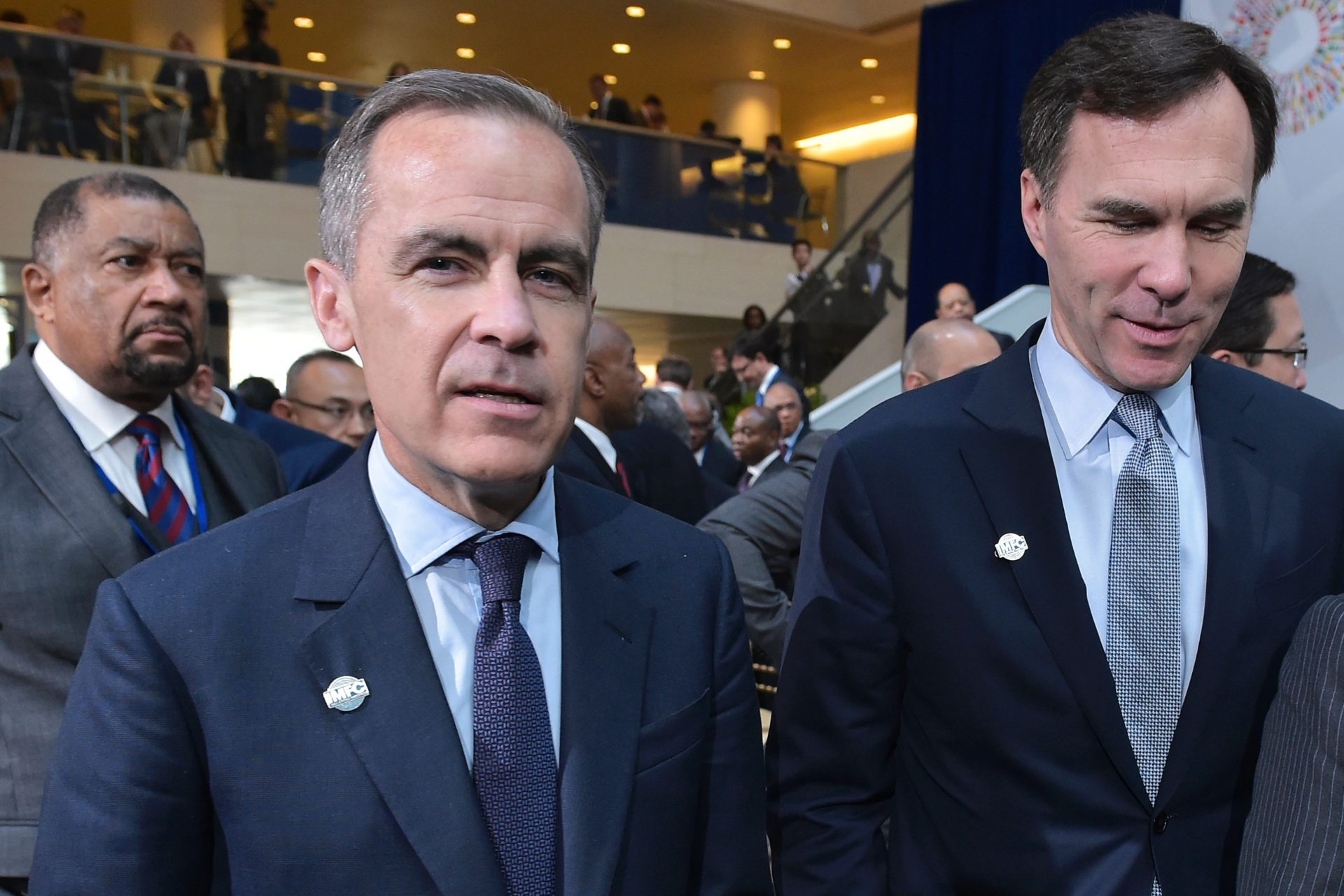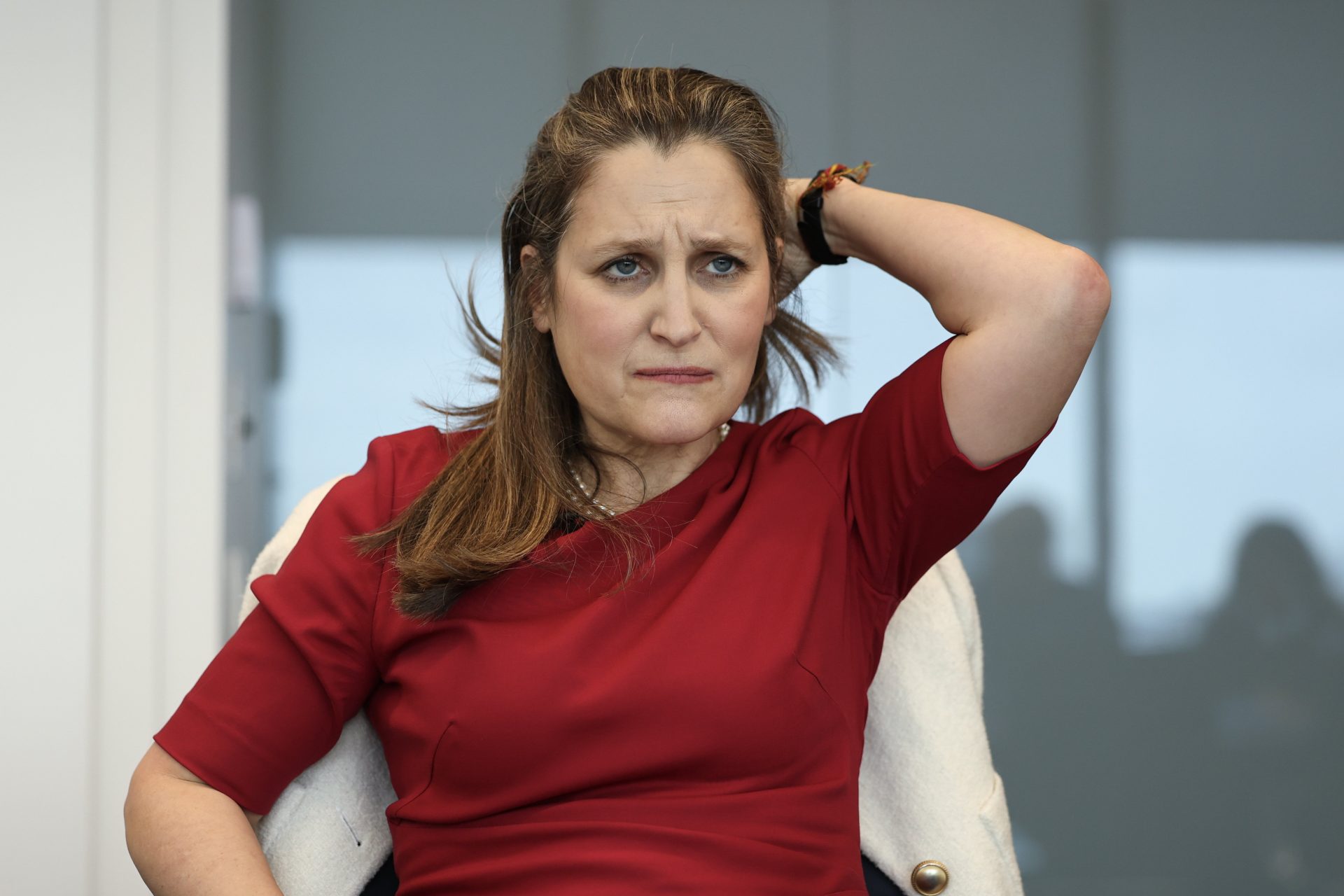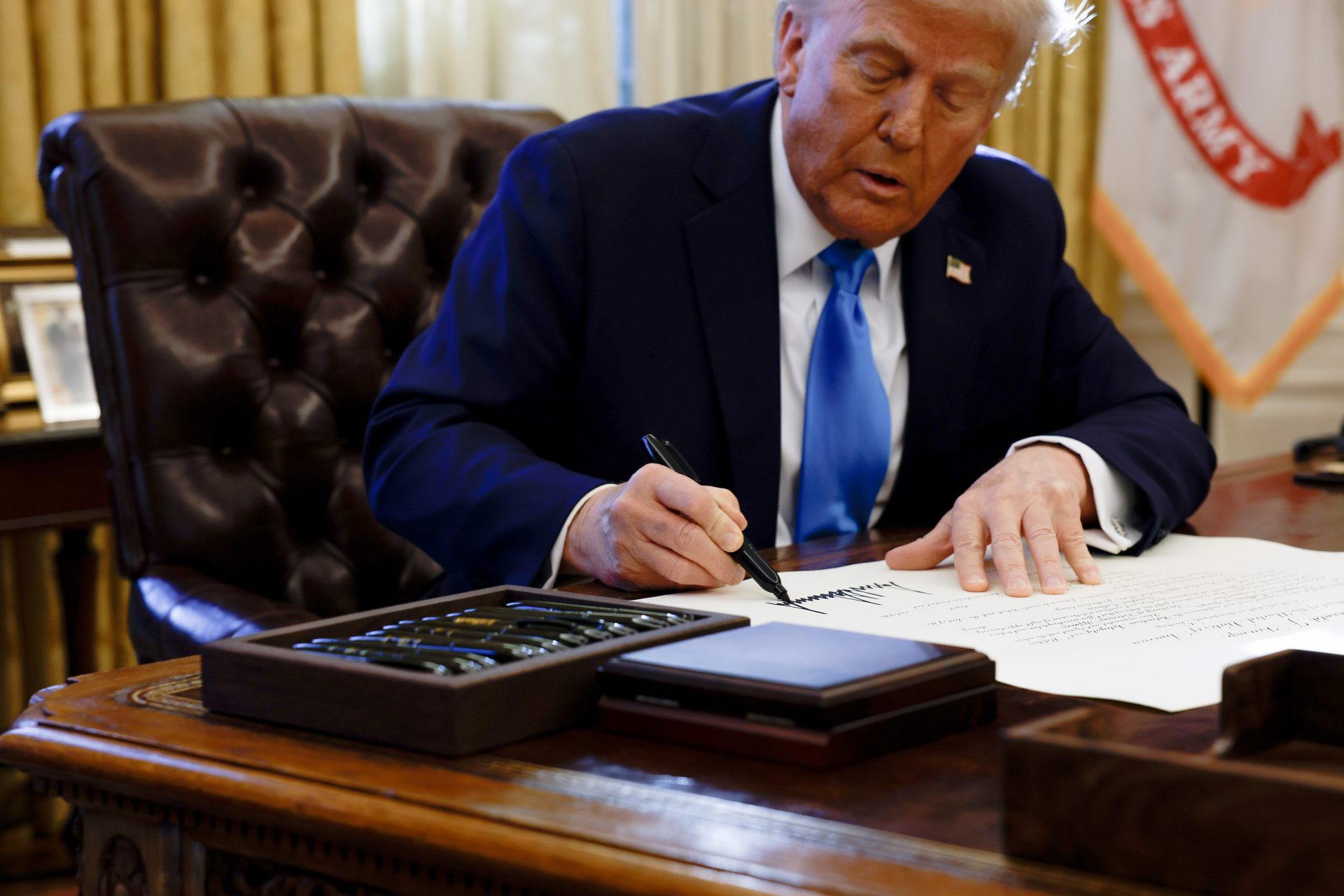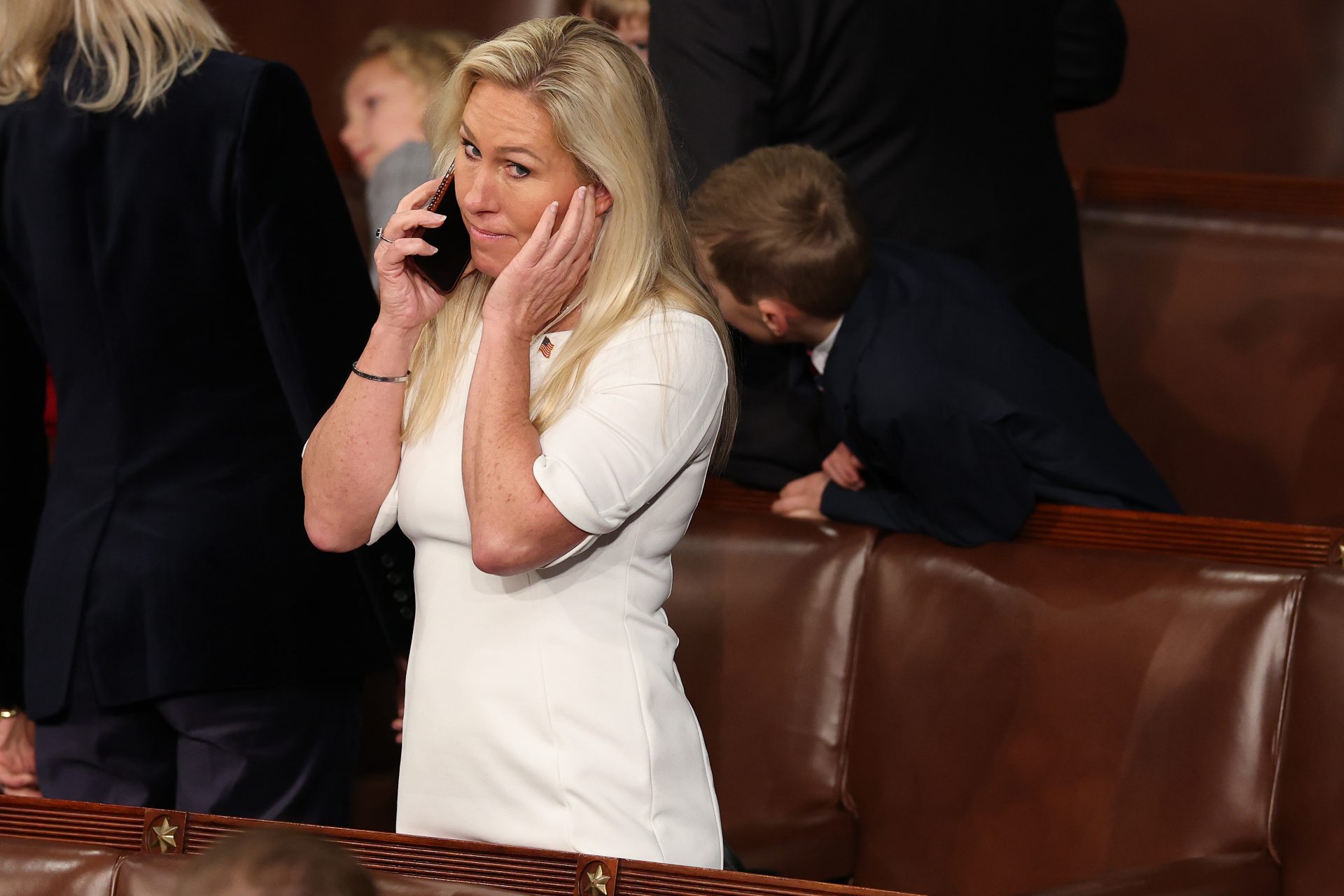The Liberal Party in Canada is on the rise again after the collapse of Justin Trudeau
The Liberal Party of Canada has polled extremely poorly in recent months. However, an interesting new set of developments has seen a meteoric rise in Liberal popularity—and could be enough to see the party win power once again.
The Conservative Party of Canada under its recently elected leader Pierre Poilievre was set to win a historic victory. Poilievre and his Conservatives were on track to capture a majority but a wrench has been thrown into his plans over just a few weeks.
Interesting polling findings in late January began to signal a shift in Canada. For example, data published by the market research Ekos Politics on January 22nd was one of the first to reveal the Liberals had seen a surprising jump in their sport among Canadians.
Ekos Politics noted that there was only a 7-point lead in support for the Conservatives in Canada, who captured 38.5% of voter support, while the Liberals pushed above the 30-point threshold for the first time since September 2022 with 31.7% of support.
The support shift was attributed to Justin Trudeau’s resignation from office and the increased coverage of the Liberal leadership race, as well as the 25% tariff threats from US President Donald Trump.
Since Ekos Politics released its results, there has been a bevy of polls showing that the Liberal Party is seeing increased support among Canadians. One of the most recent polls comes from Ipsos.
Ipsos published its polling results on political support in Canada on February 6th. It noted the Liberals have seen a major increase in support. However, the polling firm was far less optimistic about Liberal chances in the next election.
The Liberal Party saw an 8-point increase in support from previous Ipsos polling in January, giving the party 28% of total voter support. The Conservatives saw a 5-point decrease to its still strong 41% of voter support.
Ipsos attributed the Liberal Party’s gains to the leadership race and noted that the new support came mainly from the Conservative Party. However, the polling firm warned that the Conservatives were still in a good place to win a majority government.
“Despite these shifts, the Conservatives remain well-positioned for a decisive victory if an election were held tomorrow. They continue to lead in all regions except Quebec, where the Bloc continues to lead, and across all key demographic groups,” Ipsos noted.
Even though Ipsos believes the Poilievre’s Conservatives are poised to win any election if it were held soon, other polling data shows that the Liberals could etch out a win if one of its two major possible leaders is chosen.
Findings from Pallas Data published on February 9th revealed that if Liberal leadership hopeful Mark Carney wins the party’s leadership race, the Liberal Party would see 39% of voters cast their ballot for a Liberal compared to 38% for a Conservative.
The New Democratic Party would receive just 9% of the vote while the Bloc Quebecois would capture 7%, the People’s Party of Canada 3%, and the Green Party a mere 2%, which would put the Liberals on top.
“These findings tell us that Carney is the only leader to add any sort of support to the Liberal Party, perhaps enough to power them to victory,” Dr. Joseph Angolano, Founder and CEO of Pallas Data noted in a news release from polling firm on its new findings.
“This doesn’t mean Carney would be guaranteed a win should they pick Carney as a leader,” Angolano added. “What it does show us is that the voters are the most receptive to Carney as Liberal leader and his economic credentials, as Canada may face significant economic challenges from U.S. tariffs in the future.”
Without Carney at the helm of the Liberals, the Conservatives would net 40% of voter support compared to 34% for the Liberals, though it is important to note the Liberals did see a 9-point rise in their support from Pallas Data’s polling in January.
Pallas Data also attributed the rise in Liberal support to the threats posed by Trump and his 25% tariffs but added that based on Conservative support, Poilievre’s party would win a majority, though with smaller numbers than prior polling indicated.
More for you
Top Stories




